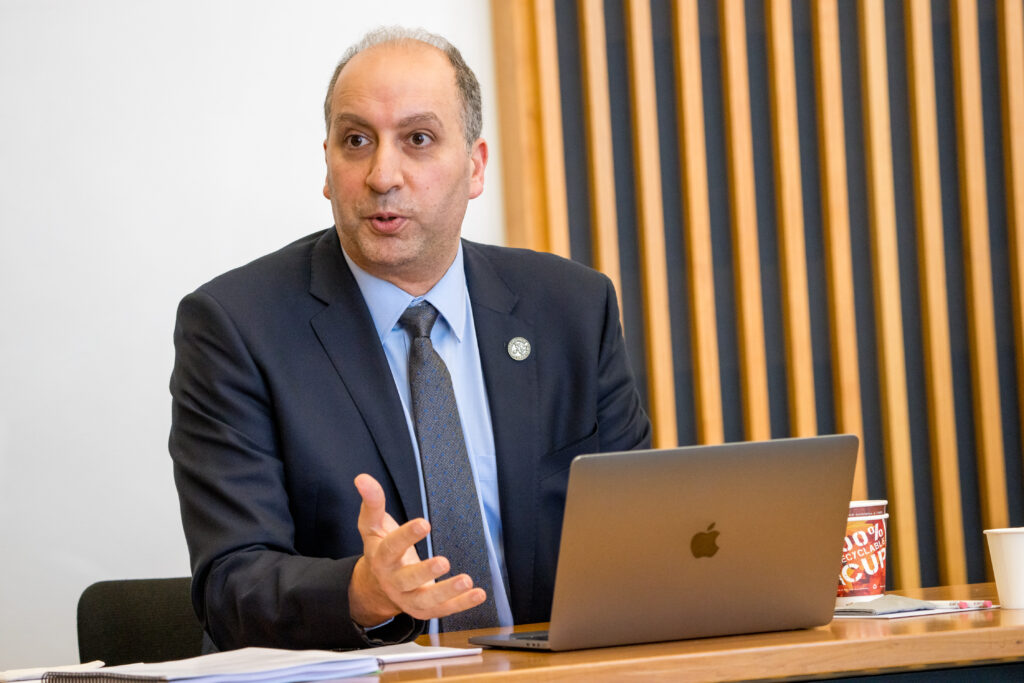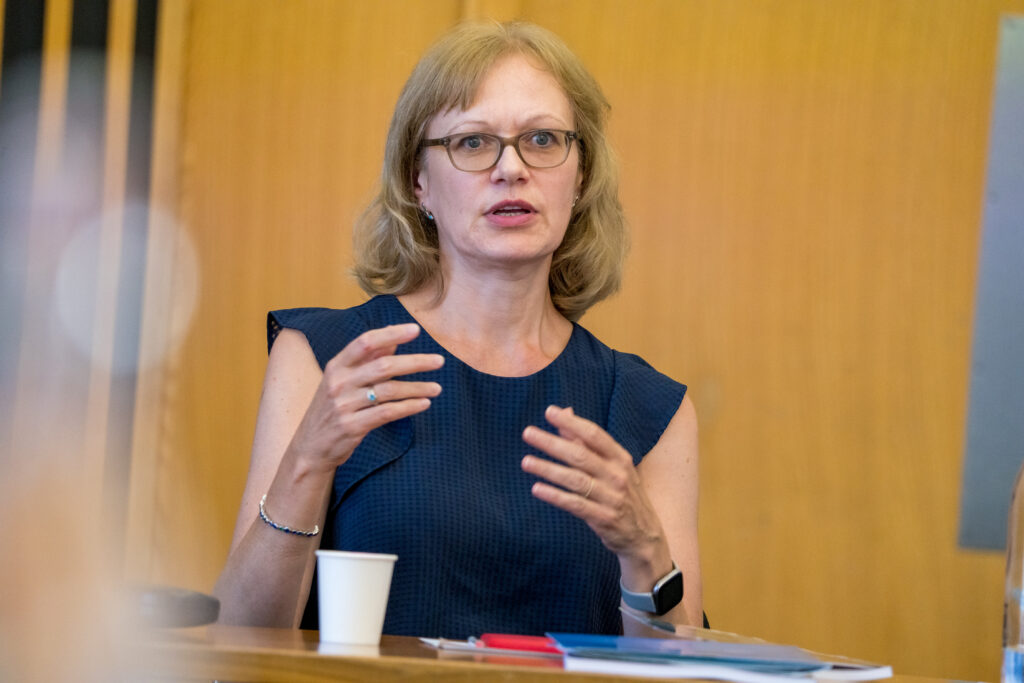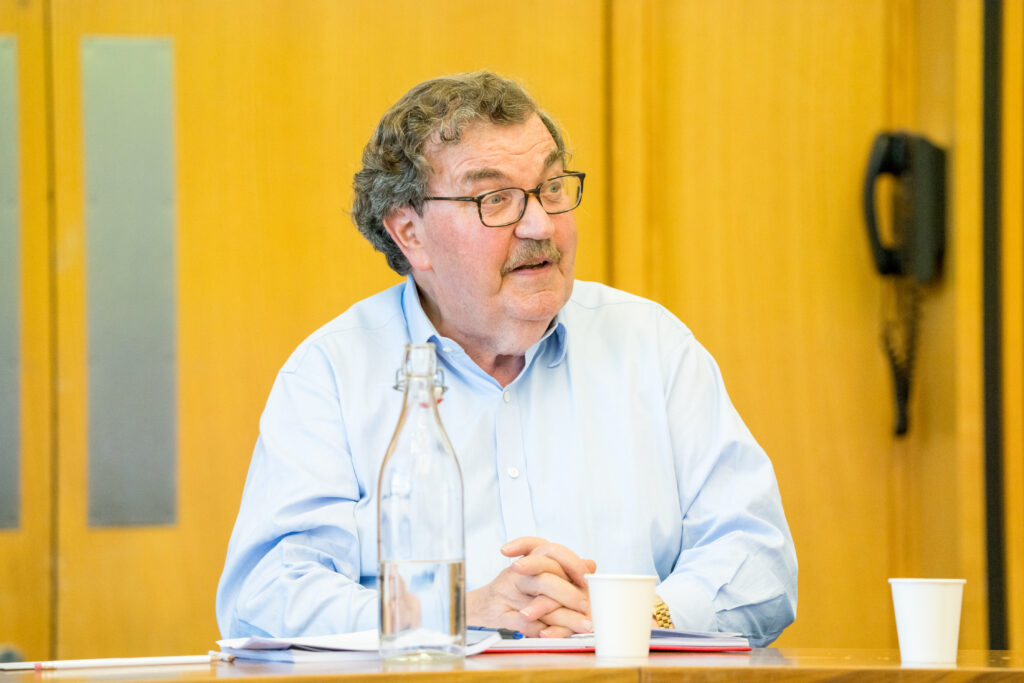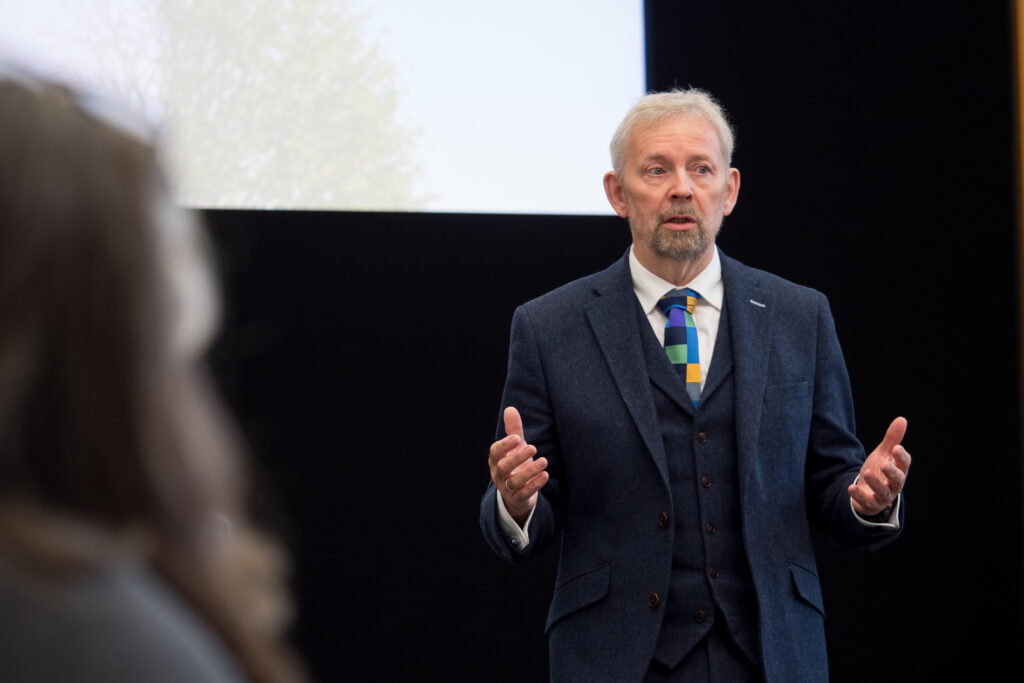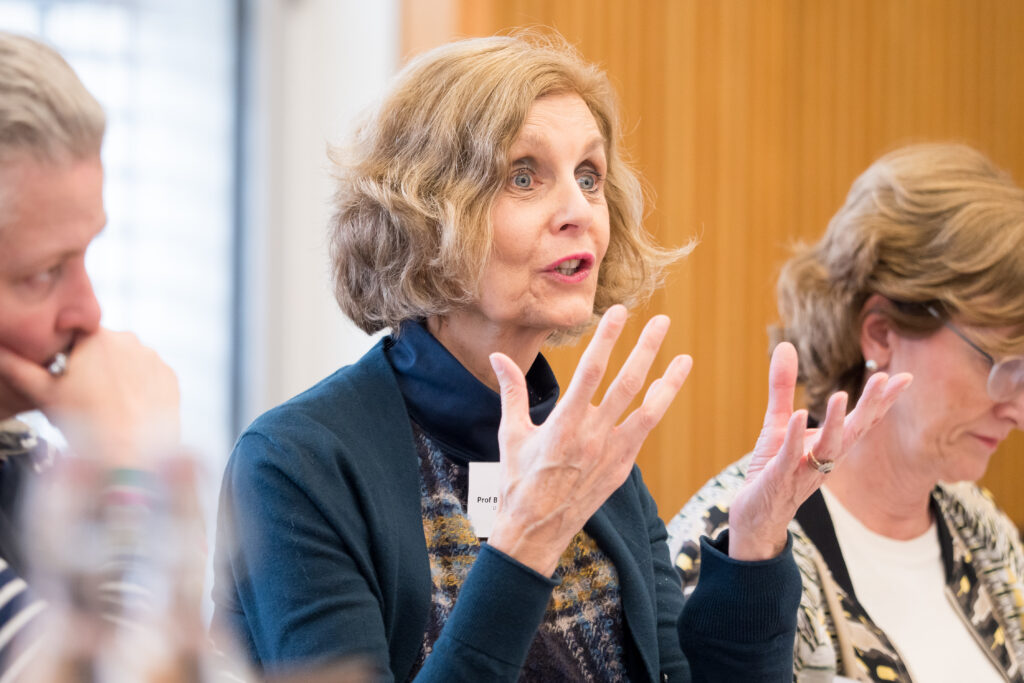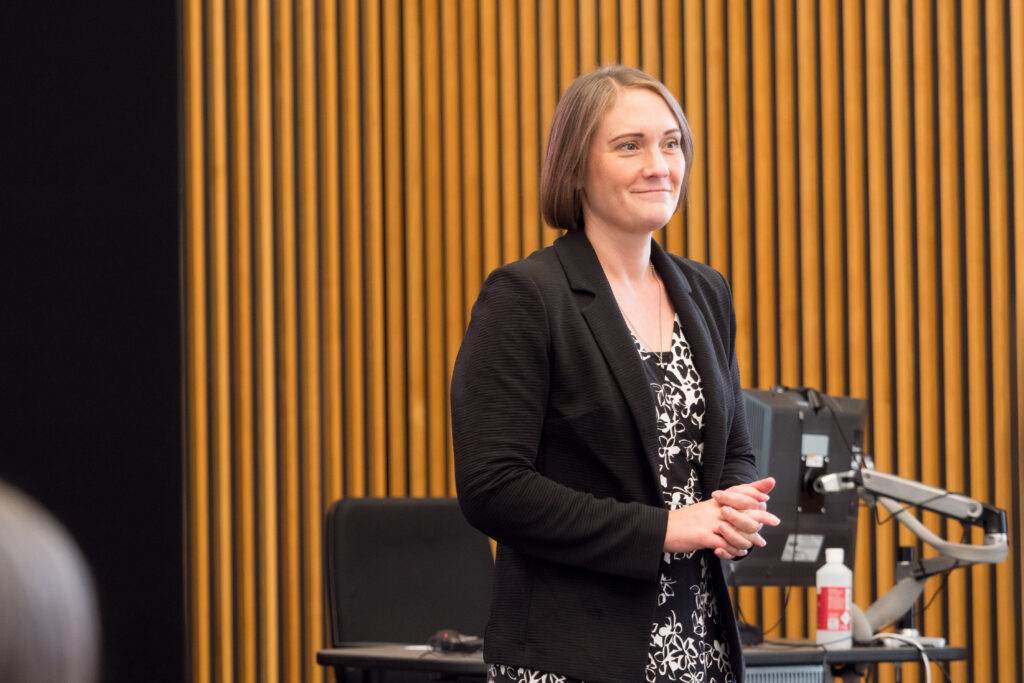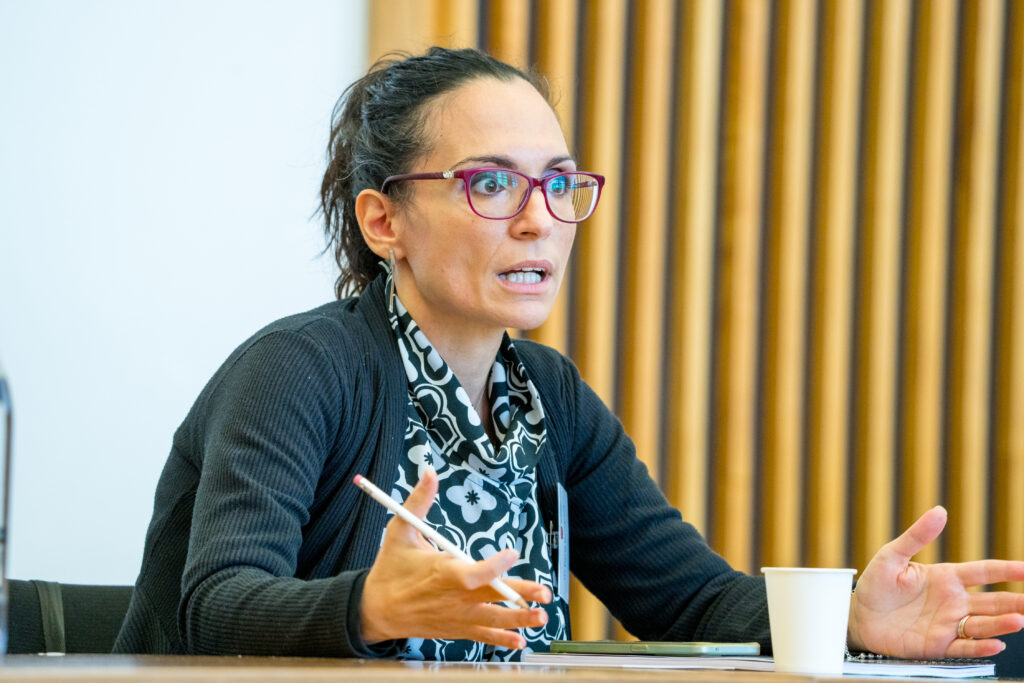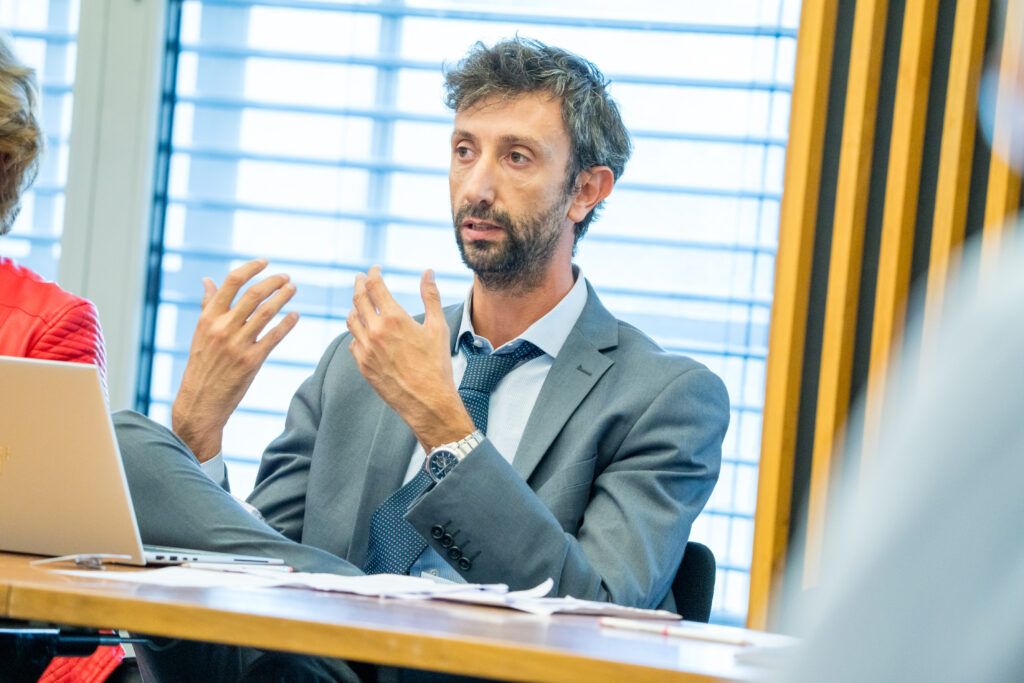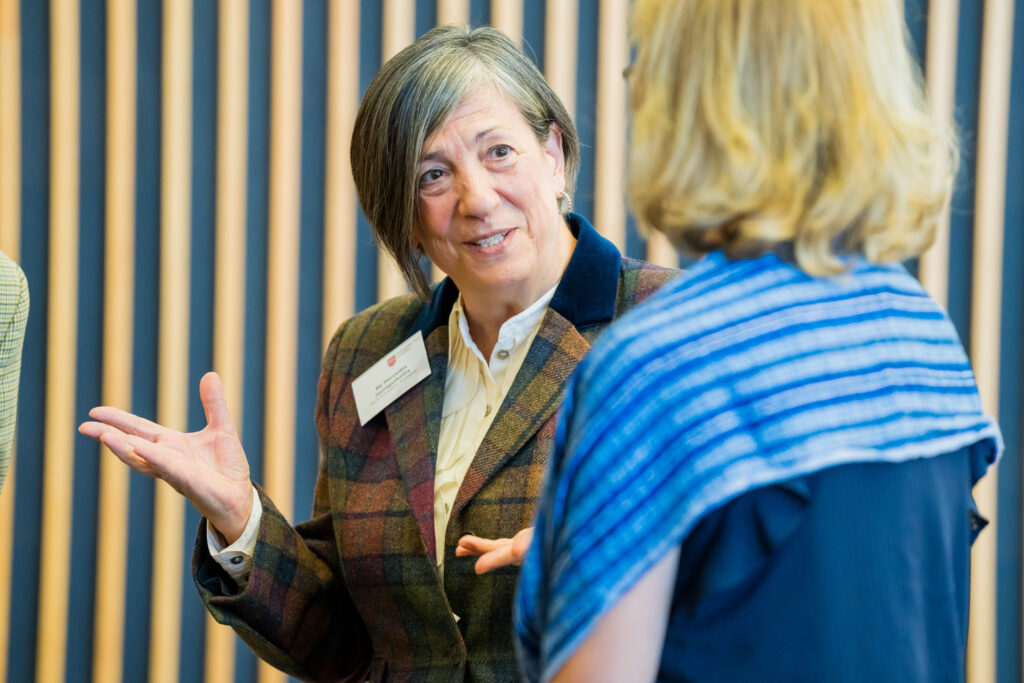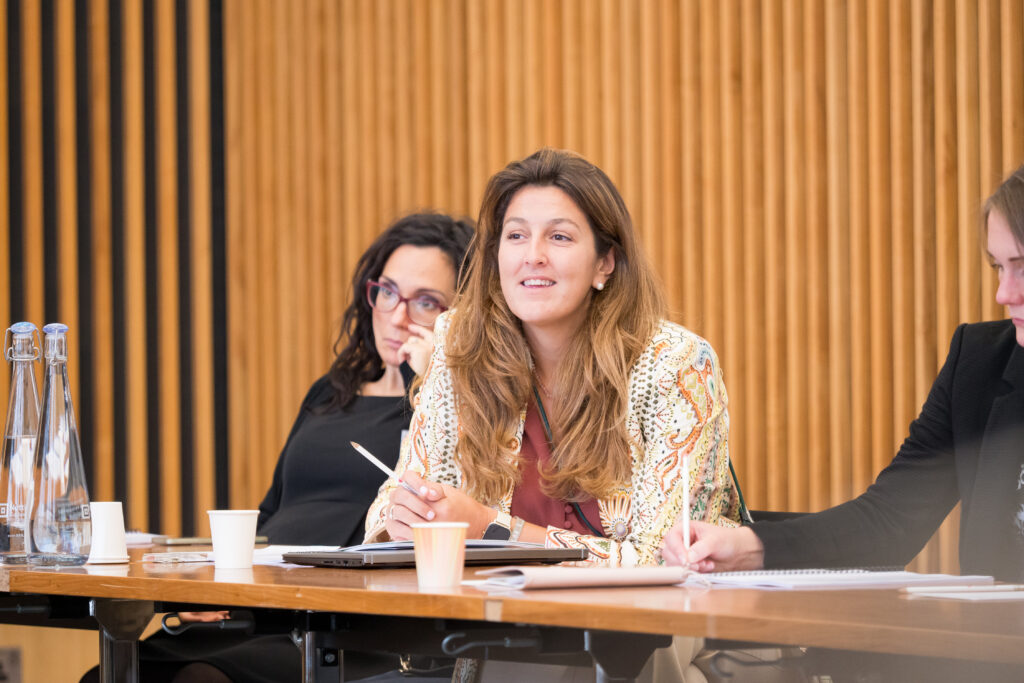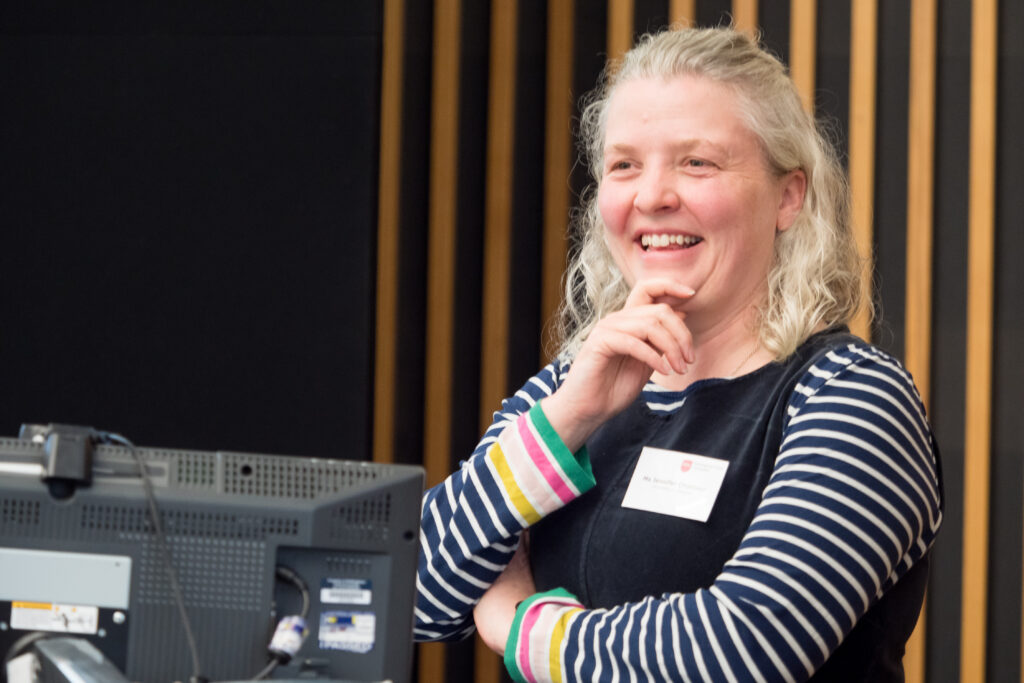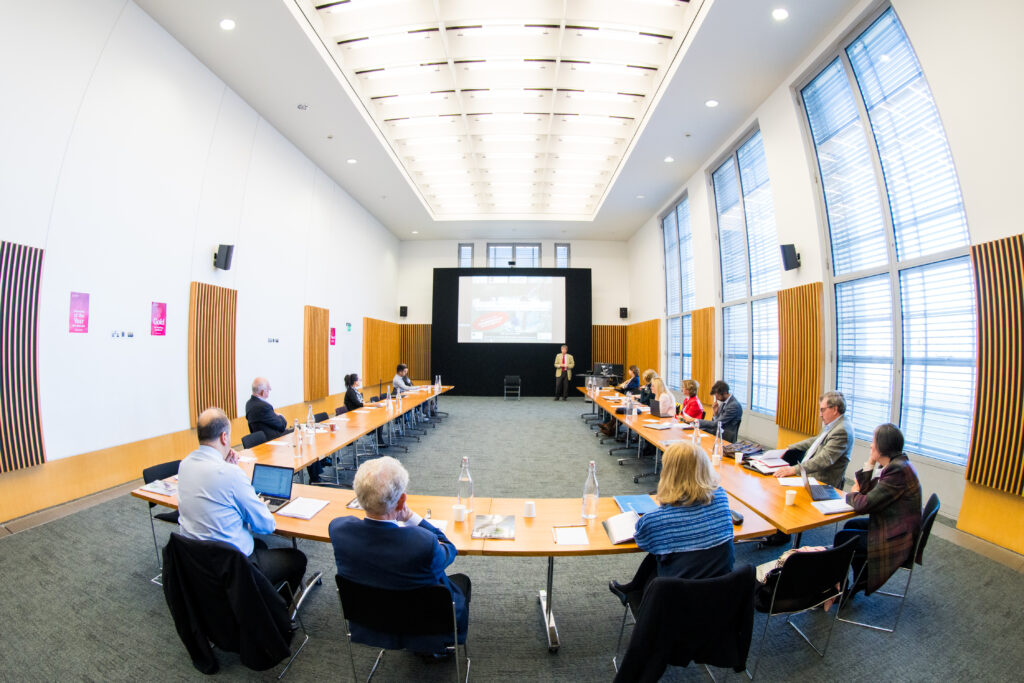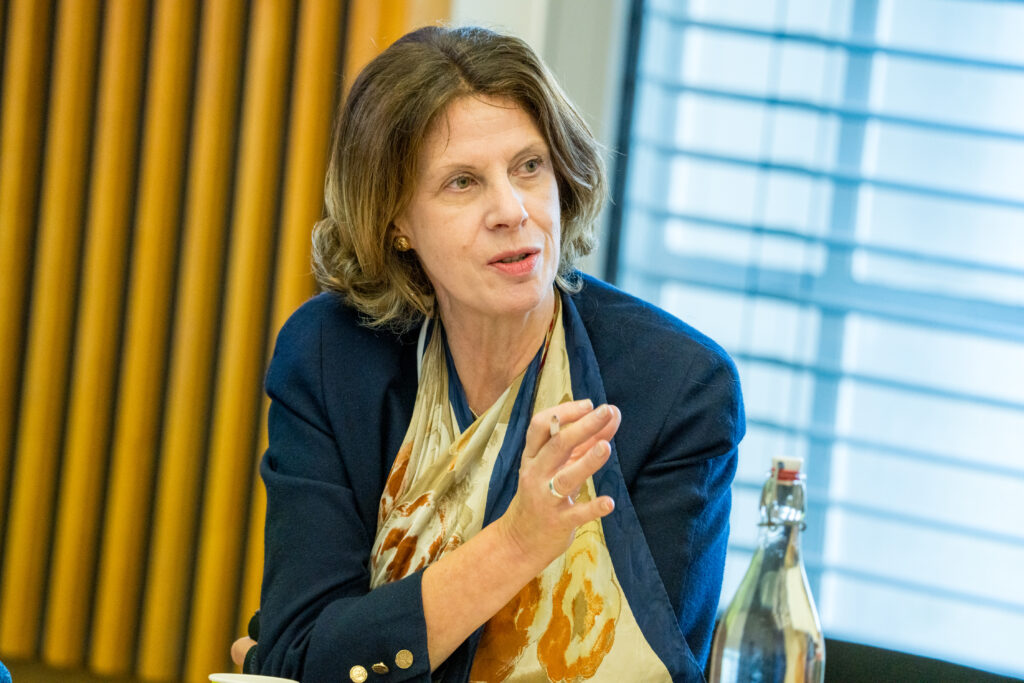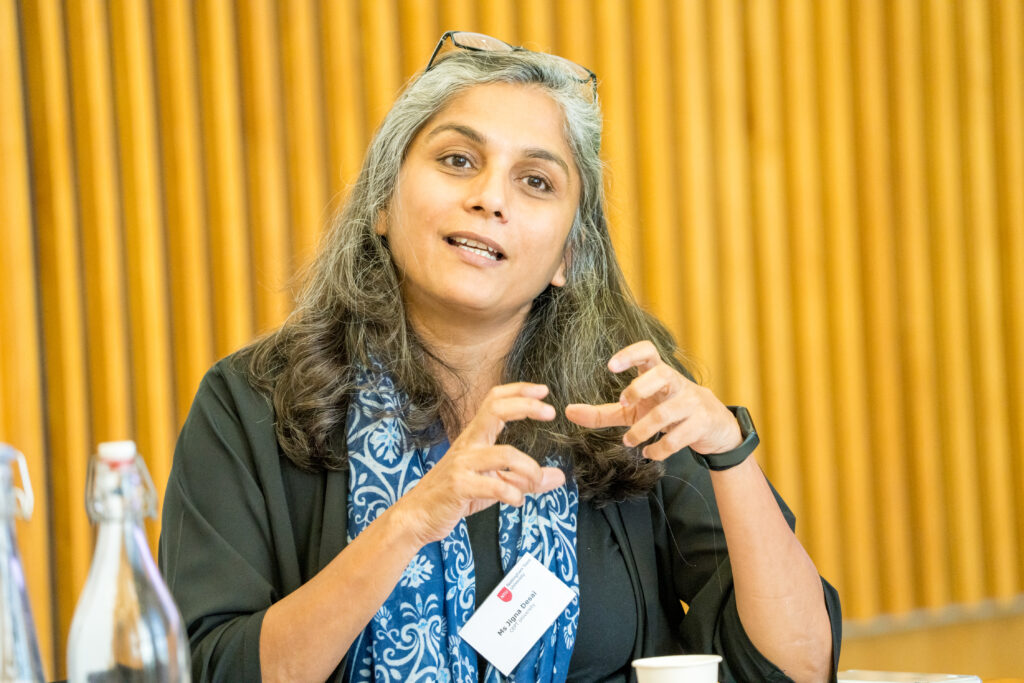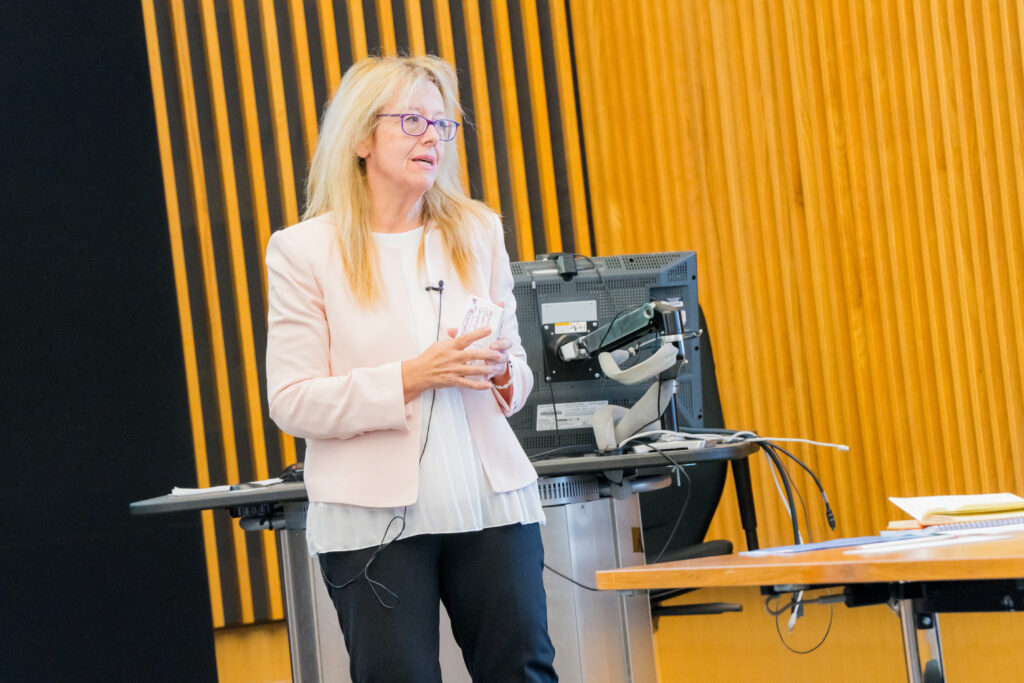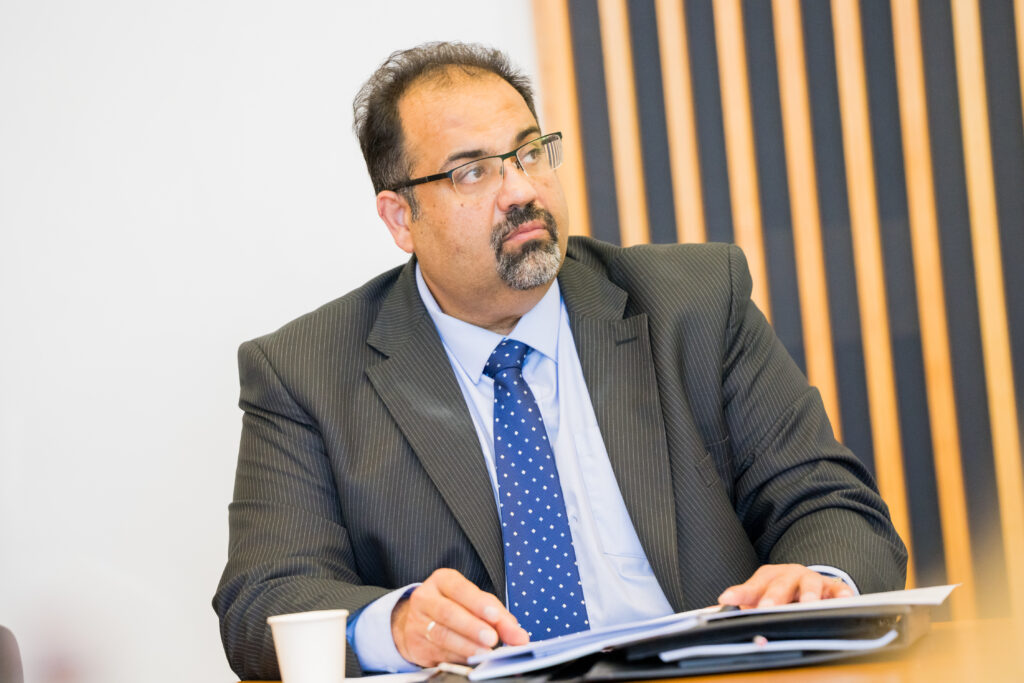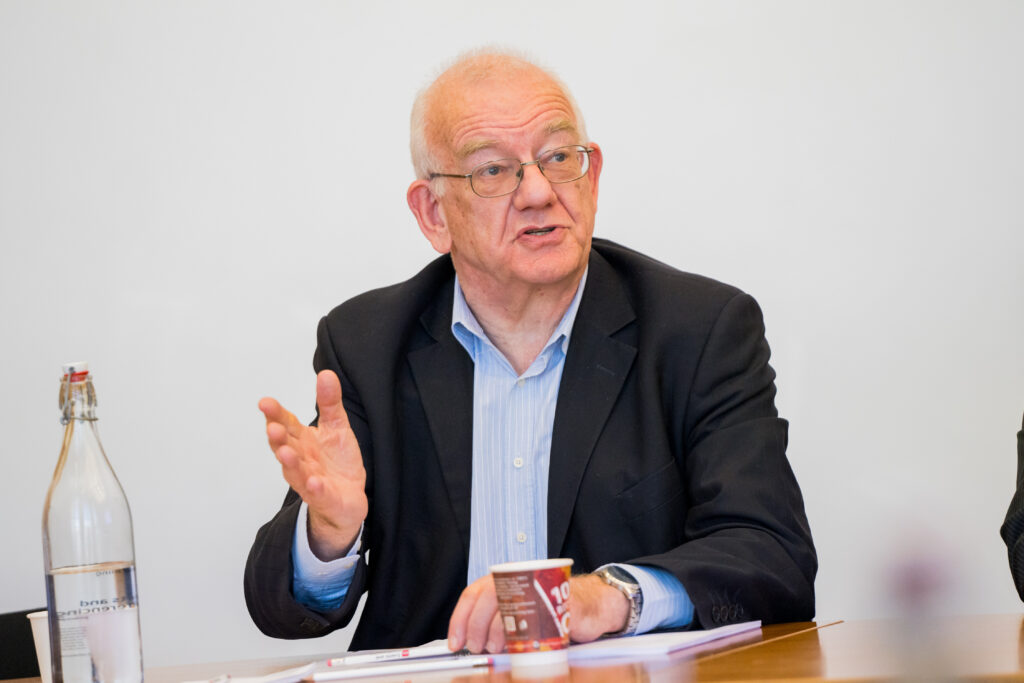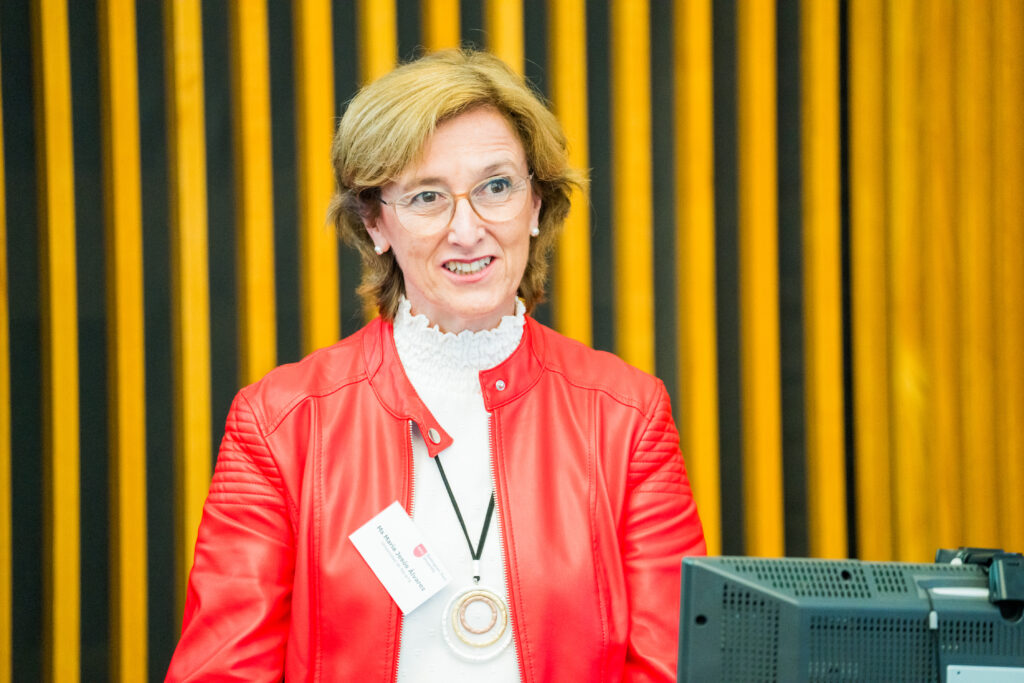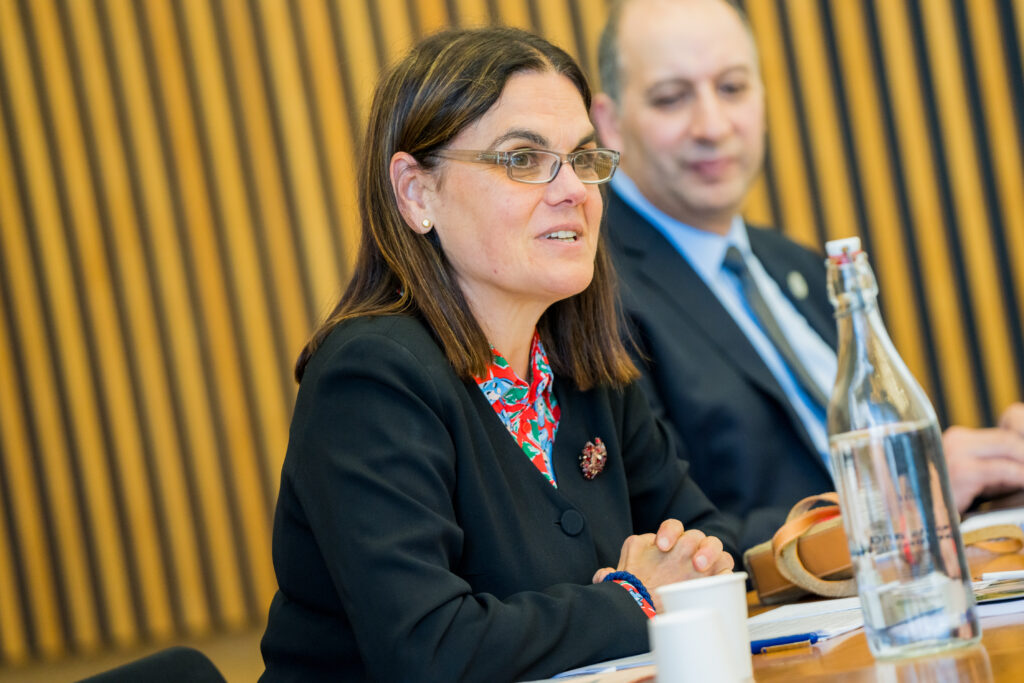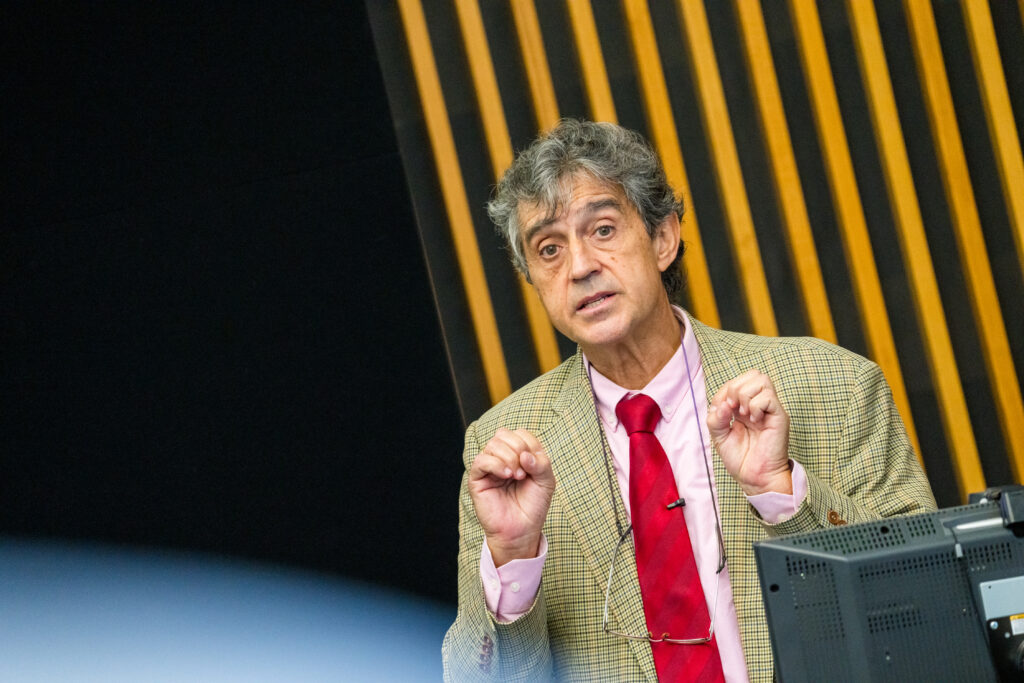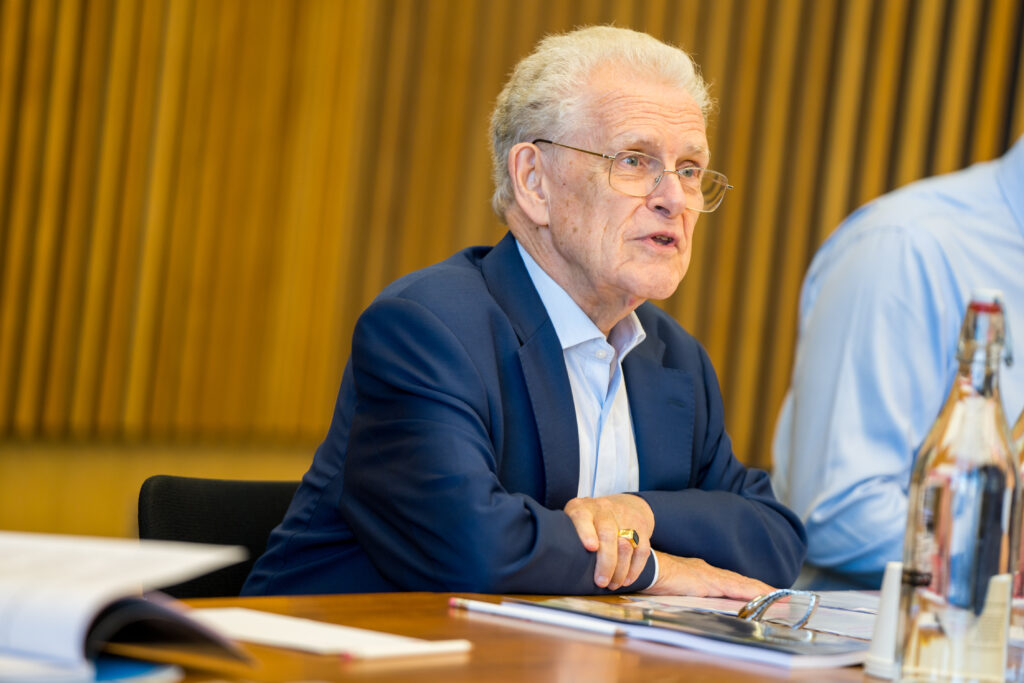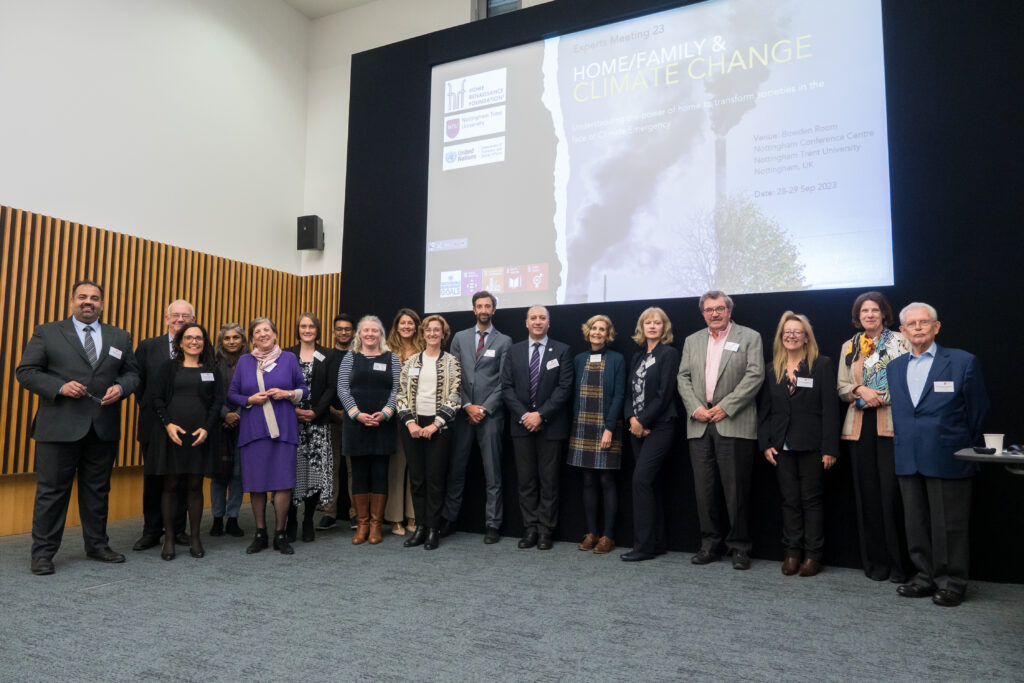The Home and Climate Change | Nottingham
Understanding the power of home to transform societies in the face of Climate Emergency.
Understanding the power of home to transform societies in the face of Climate Emergency.
28-29 September 2023 | Nottingham Conference Centre, Nottingham Trent University, UK
Organisers: Home Renaissance Foundation (HRF), Nottingham Trent University (NTU) and the United Nations Department of Economic and Social Affairs (UN-DESA)
This Expert Meeting aims to explore the role home and family play in the transition towards a sustainable and carbon-neutral planet, where our Carbon footprint is neutralised by offsetting our consumption with the production of clean energy and a sustainable lifestyle. Building on the lessons learnt during COVID-19 Pandemic, and the global response to a universal emergency, this meeting will bring experts, scholars and scientists from diverse disciplines, professions, and research backgrounds to debate the challenges and opportunities facing the home as societal institutions to achieve that goal. It tries to respond to a key question, ‘how can we engage more effectively with the home and family as a resilient unit to help societies and economies compact Climate Change?’
Key Questions
- How far do we understand the impact and consequences of climate change and global warming on the health and wellbeing home and families at home?
- How far is the home, as central social unit, is considered in the current policies, plans and international response to Climate Change?
- What are current conceptual, theoretical knowledge gap about the potential role and value of the home in achieving net-zero cities’ targets?
- What scientific evidence do we have on the obstacles and challenges facing households and the opportunities they offer in responding to extreme weather conditions and situations?
- What are the frameworks that enable the home and family to become effective plays in productive and carbon-neutral economy and trade? What policy approaches we can adopt in response.
- To what extent our neighbourhood planning, land use, digital infrastructure enables the home to play a key role in re-distributing our Carbon emission and
- How can the results of this work be incorporated into new policy and actions?
Academic Leaders
Mohamed Gamal Abdelmonem is Chair in Architecture and the Founding Director of the Centre for Architecture, Urbanism and Global Heritage (CAUGH), and co-lead of Global Heritage Research at Nottingham Trent University. He previously lectured and taught architecture and design at The Royal Academy of Arts in London, University of California at Berkeley, University of Sheffield and Queen’s University Belfast. Professor Abdelmonem advises several governments and international organisations on aspects of sustainable heritage preservation, urban planning and the architecture of home. He is a Fellow of the Royal Society of Arts and the 2014 recipient of the Jeffrey Cook Award for outstanding research in the Built Environment.
Antonio Argandoña holds a PhD in Economics from the University of Barcelona. He is Emeritus Professor of Economics and of Business Ethics and holds the “la Caixa” Chair of Corporate Social Responsibility and Corporate Governance at IESE Business School, University of Navarra. He is a member of the Royal Academy of Economics and Finance of Spain, President of the Standing Committee on Professional Ethics of the Economists’ Association of Catalonia and a member of the Commission on Anti-Corruption of the International Chamber of Commerce (Paris). He has published numerous books, book chapters and articles in prestigious journals on economics and business ethics. He has been editor of books and journals, member of ethics committees of business associations and financial institutions, and has held government positions at IESE Business School and with numerous scientific and professional bodies.
Participants
Event Programme
Two days, six panels, over 15 experts and a policy roundtable.
